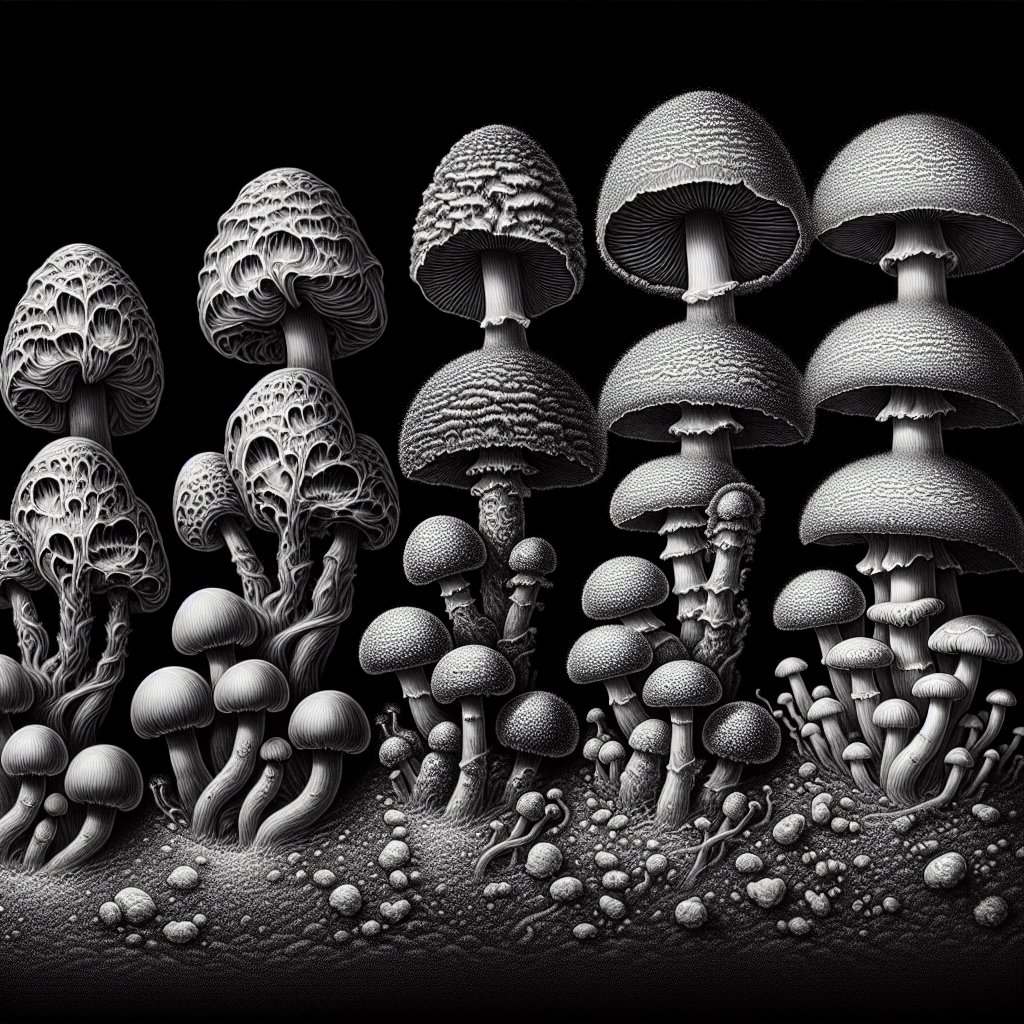The Myth of Protective Drinking
For years, we’ve been told that a little booze might actually do your brain some good. But a new study published in BMJ Evidence Based Medicine is here to shatter that illusion. Turns out, even light drinking doesn’t shield you from dementia. In fact, the risk climbs with every sip you take. Forget the idea of an ‘optimal dose’ of alcohol for brain health—this research suggests that any amount can be harmful.
Most past studies have focused on older folks or failed to distinguish between lifelong teetotalers and former drinkers, making it hard to draw solid conclusions. This new research, however, combines observational data with genetic methods, pulling from two hefty biological databanks: the US Million Veteran Program and the UK Biobank. The participants, aged 56-72, were monitored until they hit a dementia diagnosis, died, or the study wrapped up. The average follow-up was 4 years for the US group and 12 for the UK group.
The Hard Numbers
Here’s the kicker: over 90% of the participants admitted to drinking. Using the Alcohol Use Disorders Identification Test (AUDIT-C), researchers screened for risky drinking behaviors, including binge drinking. Out of 559,559 people, 14,540 developed dementia during the study: 10,564 in the US and 3,976 in the UK. And 48,034 participants died. The numbers speak for themselves.
Observational analysis revealed a U-shaped curve in alcohol and dementia risk. Compared to light drinkers, non-drinkers and heavy drinkers had a 41% higher risk, which shot up to 51% among those dependent on alcohol. But don’t get too comfortable with that U-shape—it’s not all it’s cracked up to be. Mendelian randomization, which leverages genetic data to minimize other influences, found no protective effects from light drinking. In fact, the risk just kept climbing with more drinking.
Genetic Insights
The study used genetic measures to assess the impact of alcohol on dementia risk, focusing on self-reported weekly drinks, risky drinking, and alcohol dependency. Higher genetic risks across these categories correlated with increased dementia risk. For instance, just 1-3 extra drinks a week bumped up dementia risk by 15%. Double the genetic risk of alcohol dependency, and you’re looking at a 16% increase.
No U-shaped association emerged between alcohol intake and dementia in these genetic analyses. Instead, the risk rose steadily with more drinking. The researchers also found that those who developed dementia tended to drink less over time, suggesting that early cognitive decline might lead to reduced alcohol consumption, explaining the supposed protective effects seen in earlier studies. The strongest findings were in people of European ancestry, due to the sample size, but the implications are clear: alcohol isn’t doing your brain any favors.
The Takeaway
This study throws a wrench in the works for anyone hoping that a nightly glass of wine is a ticket to better brain health. The researchers conclude that all types of alcohol consumption are detrimental to dementia risk, debunking the myth of alcohol’s protective effects. They emphasize the need to consider reverse causation and residual confounding in studies of alcohol and dementia.
So, what’s the bottom line? Cutting back on alcohol could be a smart move for keeping your mind sharp as you age. Forget the old tales of moderate drinking being good for you. This research makes it clear: if you want to protect your brain, it’s time to rethink that drink.
Key Facts Worth Knowing
- •💡 The study involved 559,559 participants from the US and UK.
- •💡 14,540 participants developed dementia during the study period.
- •💡 Higher genetic risk for alcohol use is linked to increased dementia risk.
- •💡 Light drinking showed no protective effects against dementia.
- •💡 Reducing alcohol consumption may help prevent dementia.



